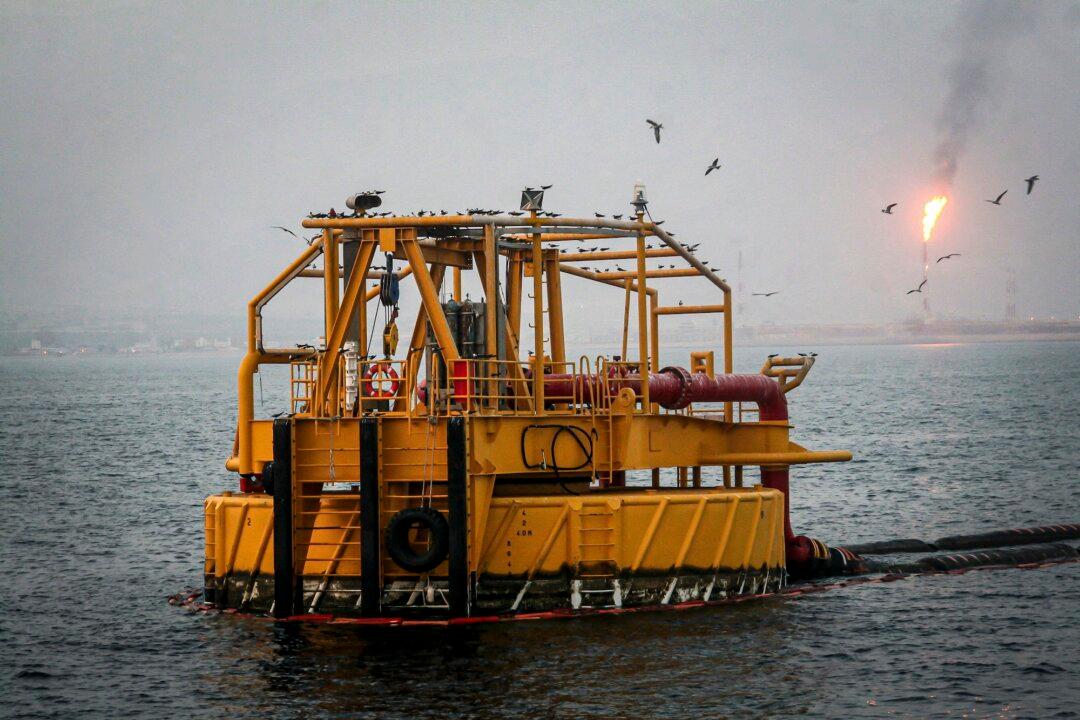The U.S. government has imposed sweeping sanctions on an Iranian liquefied petroleum gas (LPG) magnate and his sprawling international network of companies and affiliates and has accused them of facilitating hundreds of millions of dollars’ worth of oil and gas exports that fund Iran’s nuclear weapons program and terror proxies across the Middle East.
The action, carried out by the Treasury Department’s Office of Foreign Assets Control and announced on April 22, blocks all U.S.-linked assets tied to Seyed Asadoollah Emamjomeh and his network, prohibiting Americans from doing business with them.





